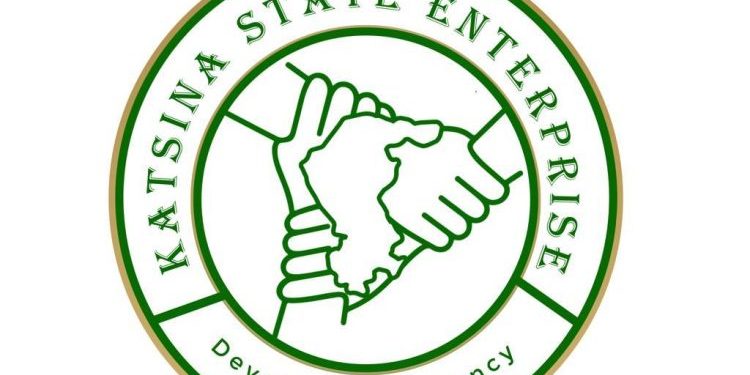The Katsina State Enterprise Development Agency (KASEDA) has reported significant progress in driving inclusive economic growth through Micro, Small, and Medium Enterprises (MSMEs), with 23,912 beneficiaries directly supported between 2023 and 2025 and over 200,000 jobs projected across the state.
Director-General Aisha Aminu Malunfashi disclosed this on September 14, 2025, while presenting a paper titled “Driving Inclusive Economic Transformation through MSMEs” during a high-level consultation on security and governance convened by Governor Dikko Umaru Radda.
Malunfashi noted that Katsina is home to more than 1.7 million MSMEs organized into 823 clusters across agriculture, trade, crafts, services, and the fast-growing digital and creative sectors. These enterprises, she said, are key entry points for women and youth into the economy.
Through its flagship Integrated MSME Development Program, KASEDA aims to reach 500,000 enterprises across all 34 LGAs with interventions in financial inclusion, digital innovation, agro-processing value chains, and advisory services. So far, the agency has facilitated over N5 billion in MSME financing, trained thousands of entrepreneurs, and mapped 50,000 enterprise clusters for investment planning.
Other key initiatives include a N3.4 billion MSME Revolving Fund with the Bank of Industry and Sterling Bank, a N542 million UNDP Livelihood Support Program that has trained 2,000 beneficiaries and funded 1,700 businesses, and World Bank KT-CARES grants that benefitted over 10,000 MSMEs. In addition, the Shared Industrial Development Centre was upgraded with SMEDAN at a cost of N1 billion to support entrepreneurs in textiles, ICT, packaging, and agribusiness.
Human capital development remains central to the agency’s efforts. KASEDA runs the Dikko Social Innovation Academy and the KASEDA Digital Academy, which jointly train over 500 participants annually. It also organises the Katsina MSME Awards and Fair, which disbursed N10million in grants to 200 vendors in 2025.
Women and youth remain at the heart of the agency’s programs. Initiatives such as the Katsina Graduate Entrepreneurship Fund (KGEF) and the DIRWYFI Initiative provide young graduates, rural women, and youth with grants, loans, and training. Traditional industries, such as kilishi and hula production, are also being modernized, while cassava and gari processing centers in Wagini and Batsari are enhancing the value of agribusiness.
Summing up, Malunfashi stressed that these interventions are positioning Katsina as one of Nigeria’s leading hubs for entrepreneurship and inclusive growth. “Our commitment is to deepen MSME growth, ensure women and youth inclusion, and create jobs that transform communities across the state,” she said.










